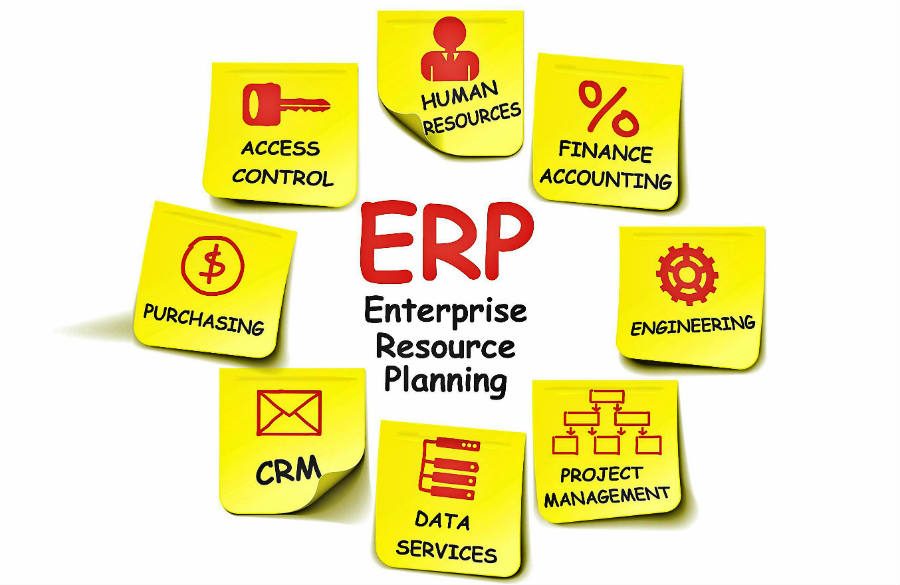Most business owners will hear about ERPs at some point in their careers. Whether it is a friend suggesting the option or a firm offering its services, it is worth to study the tool because, sooner or later, it will be necessary to get one.
The objective of every company is to profit from delivering goods or services, and if they want to increase the cash flow, they have to grow. Now, growth not only brings more revenue, but it also comes with a set of new challenges.
The success of any organization will depend on how they deal with new operational demands and their ability to seize new opportunities. If they follow proper processes and protocols, there are more chances of expansion.
So, what’s an ERP?
“Enterprise resource planning (ERP) is the integrated management of core business processes, often in real-time and mediated by software and technology.” But, that sounds like complicated tech wizardry.
To better understand what’s the objective of business management software, we have to go back to best practices and processes. You see, profit organizations have existed for a very long time which means millions of people have faced the same problems and have come up with different solutions.
That long process resulted in the creation of standards like ISO. It means that after centuries of trial and error, experts have figured out the best way to managing the inventory, manufacturing, marketing management, and so on.
Top risk calculators also know that having access to the information and the human factor have a huge impact on an operation, which takes us to business management software.
In short, an ERP is a computer program that can run the processes of a company automatically sticking to the best standards available in the market. When in place, every department of the organization is connected, and all the workers have access to the information they need to do their job properly.
For example, if the sales department wants to make a quotation, they can check the inventory for availability and schedule deliveries without picking up the phone. A system of alerts and notifications will let anyone know what they need to do immediately.
The program also creates patterns based on the registered movements, which allows the managers to anticipate things like a spike in the demand for a particular product, among many other things.
When should I consider buying business management software?
Right from the beginning. The way you operate will determine if your business grows and how fast it does so. There are many options in the market, but the most famous are Oracle and SAP. The latter has an alliance with Google that makes it much more attractive to both clients and developers than the former.
Organizations that use ERPs from the beginning are building a solid foundation for growth. Even if they have a limited budget, both Oracle and SAP have entry versions of their products created for small businesses.
They might still be a little too much for the initial budget. In that case, other options are much cheaper, but they are also less reliable. They usually require technical knowledge, which means you might need to have an expert on the payroll. However, they provide temporary relief.
I hope you now have a clear idea of what an ERP is, and if you’re planning to start a business, I encourage you to learn more about the topic. If you have any question or suggestion, leave a comment so that we can help you.



